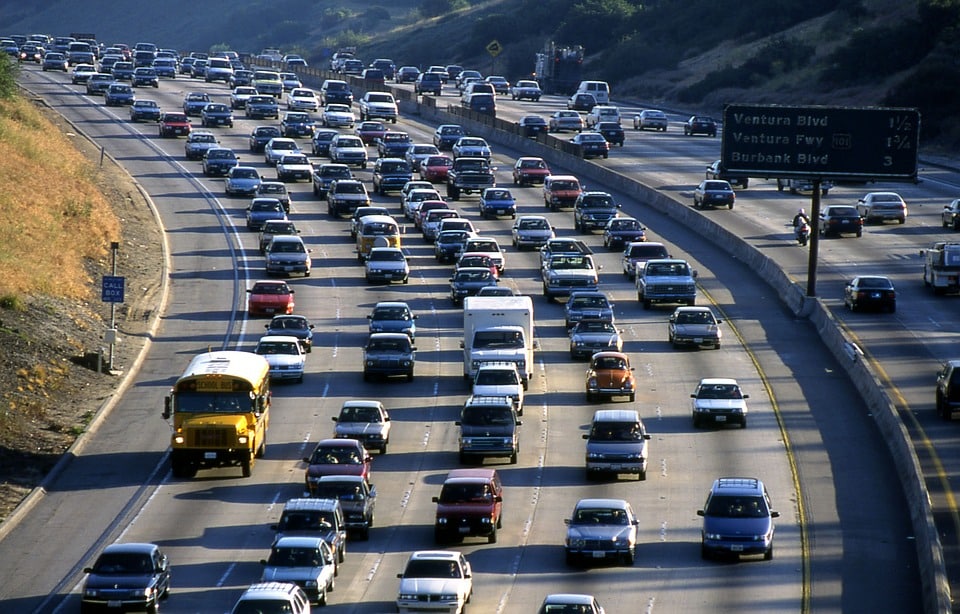The California Air Resources Board extended its low-carbon fuel standard, mandating a 20 percent cut in the carbon intensity of transportation fuels by 2030, compared with the current requirement of 10 percent by 2020, according to the agency’s Sept. 27 press release. The requirement, “the most stringent in the nation,” aligns with the state’s 2030 goal of lowering emissions by 40 percent relative to 1990 levels, the agency said. The standard, adopted in 2009, aims to foster low-carbon transportation fuels such as hydrogen, electricity, and biodiesel. Under the program, producers of cleaner fuels generate tradable credits that can be sold to other fuel producers to meet the declining carbon-reduction targets. The revisions will allow proceeds from utility credits – based on charging of zero emission vehicles – to be used to increase rebates to drivers who buy electric vehicles. By restructuring utility rebate programs into a single pool, the revisions facilitate uniformity in application and processing across all utilities. The changes follow the Trump administration’s proposal in August to withdraw a 2013 waiver that permits California to impose more stringent emissions standards.






